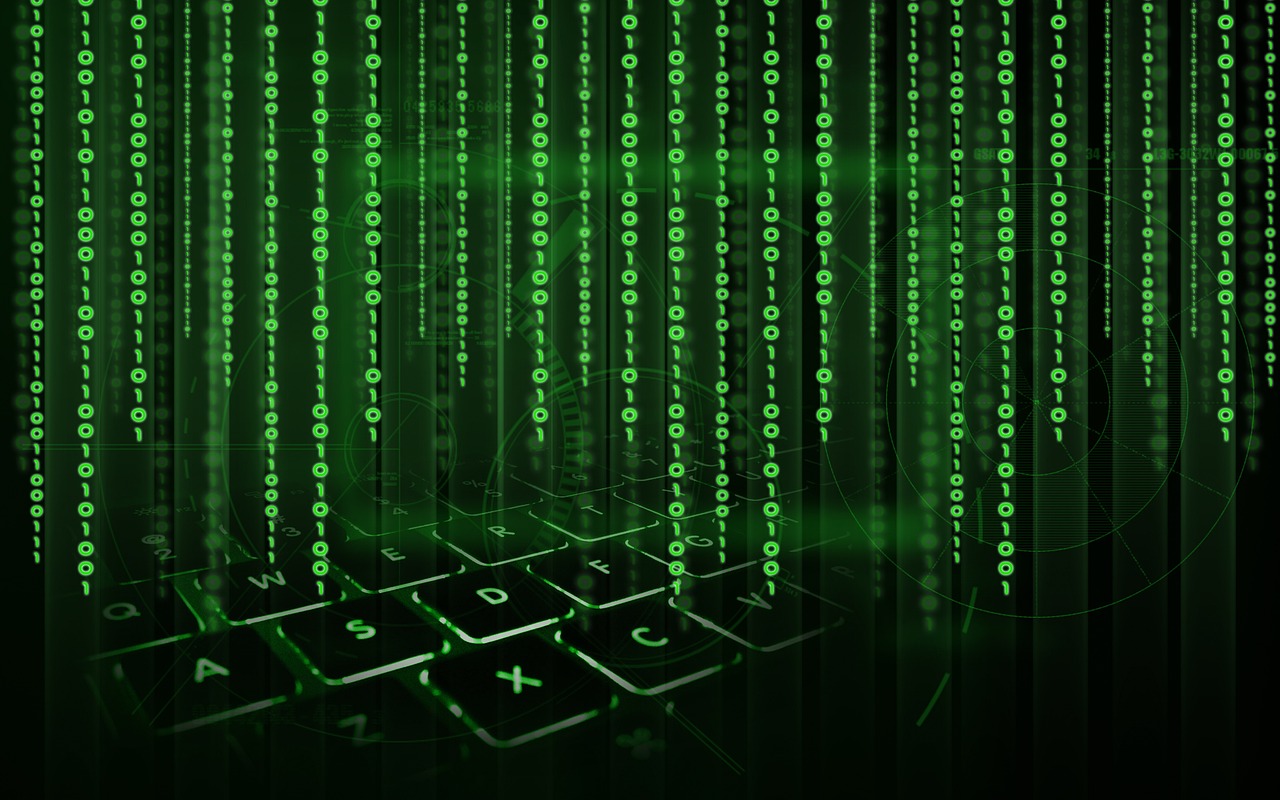This post is also available in:
 עברית (Hebrew)
עברית (Hebrew)
A large-scale digital outage at Columbia University on Tuesday has triggered concerns of a potential cybersecurity breach, as access to core online services used by students and faculty remains unstable. The university is working with law enforcement to assess the scope and origin of the incident.
The university, which is currently deeply associated with pro-Palestinian protests and antisemitic incidents, noticed the disruption shortly after 7 a.m., affecting multiple critical systems, including login authentication services, institutional email, and academic platforms. Columbia’s IT division issued an internal alert describing the problem as a widespread system failure, with immediate impact on thousands of users.
While no official attribution has been made, the working assumption is that a cyberattack may be responsible for the service breakdown. The New York City Police Department is assisting in the investigation, and federal cybersecurity protocols have reportedly been referenced as part of the university’s incident response process.
According to the Columbia Spectator, Among the services impacted are Columbia’s centralized login system (UNI), its Gmail-based LionMail service, and CourseWorks, the online environment for coursework and academic communication. Disruptions are affecting both students and faculty involved in ongoing classes and research.
Columbia has not confirmed whether data was compromised or systems were breached. However, online claims of responsibility—posted anonymously—have already been discredited by university officials, who say the source of the attack remains undetermined. One unusual incident, involving the display of political imagery of President Donald Trump on a dormitory television screen, has yet to be linked directly to the outage.
IT staff are continuing recovery efforts, though no estimated resolution time has been released.
This event highlights the growing vulnerability of educational institutions to cyber threats—especially during periods of operational or political instability. While the investigation continues, this case serves as a reminder of the critical importance of cyber resilience in large academic environments that rely heavily on digital infrastructure.


























